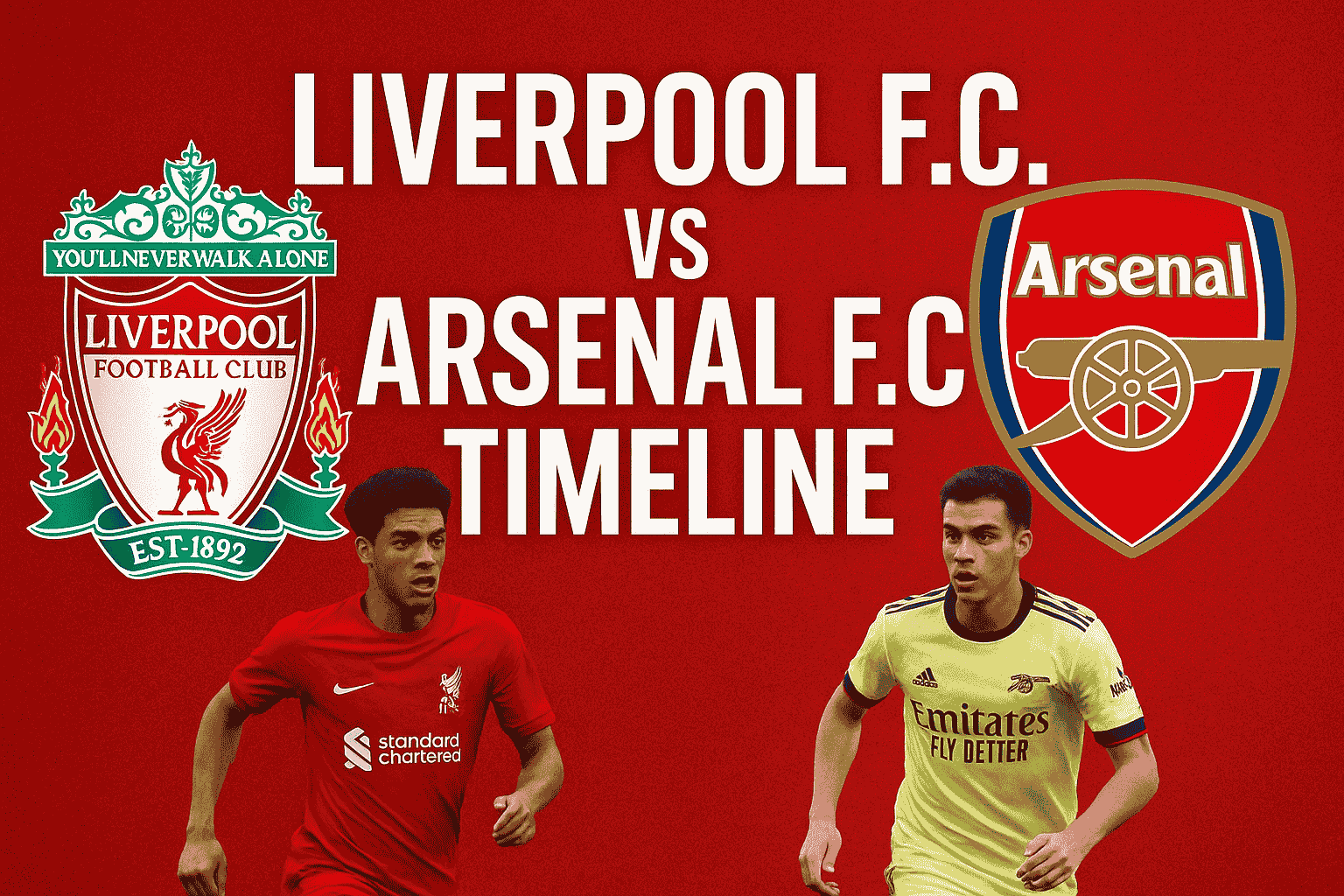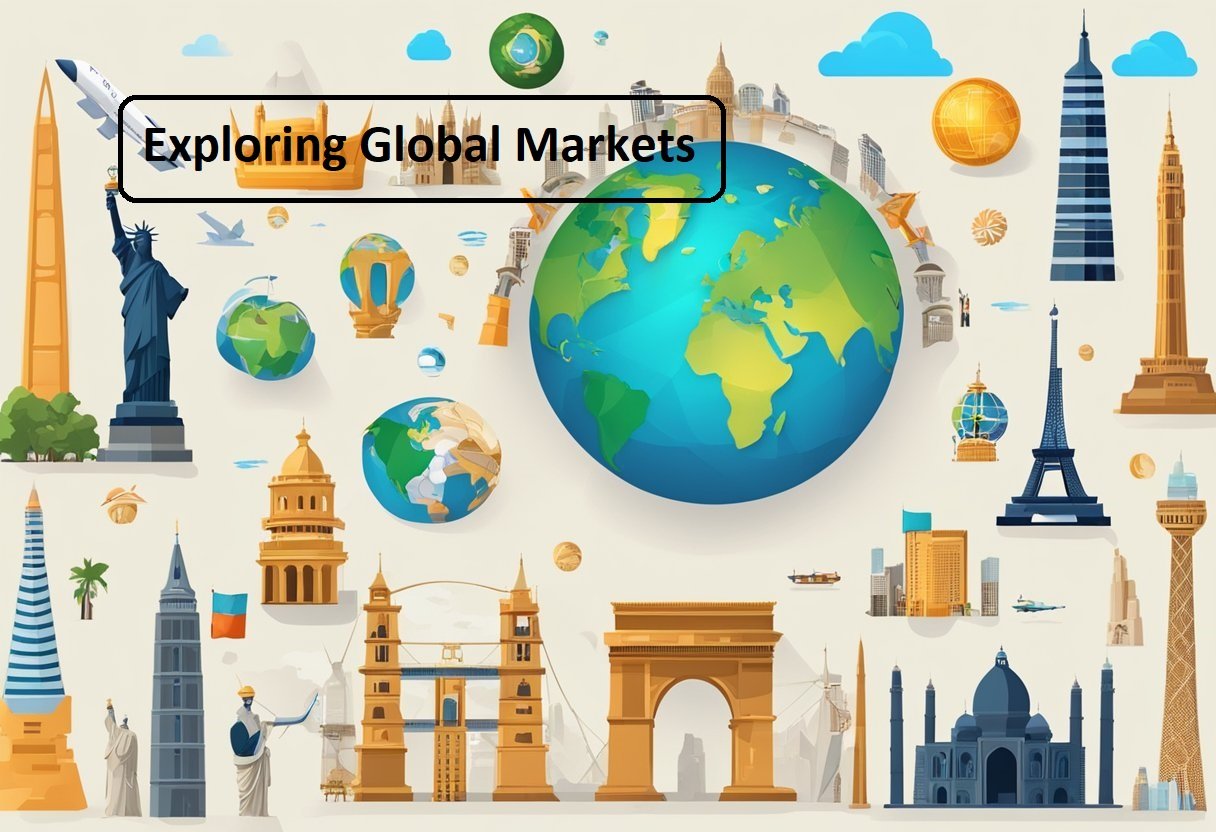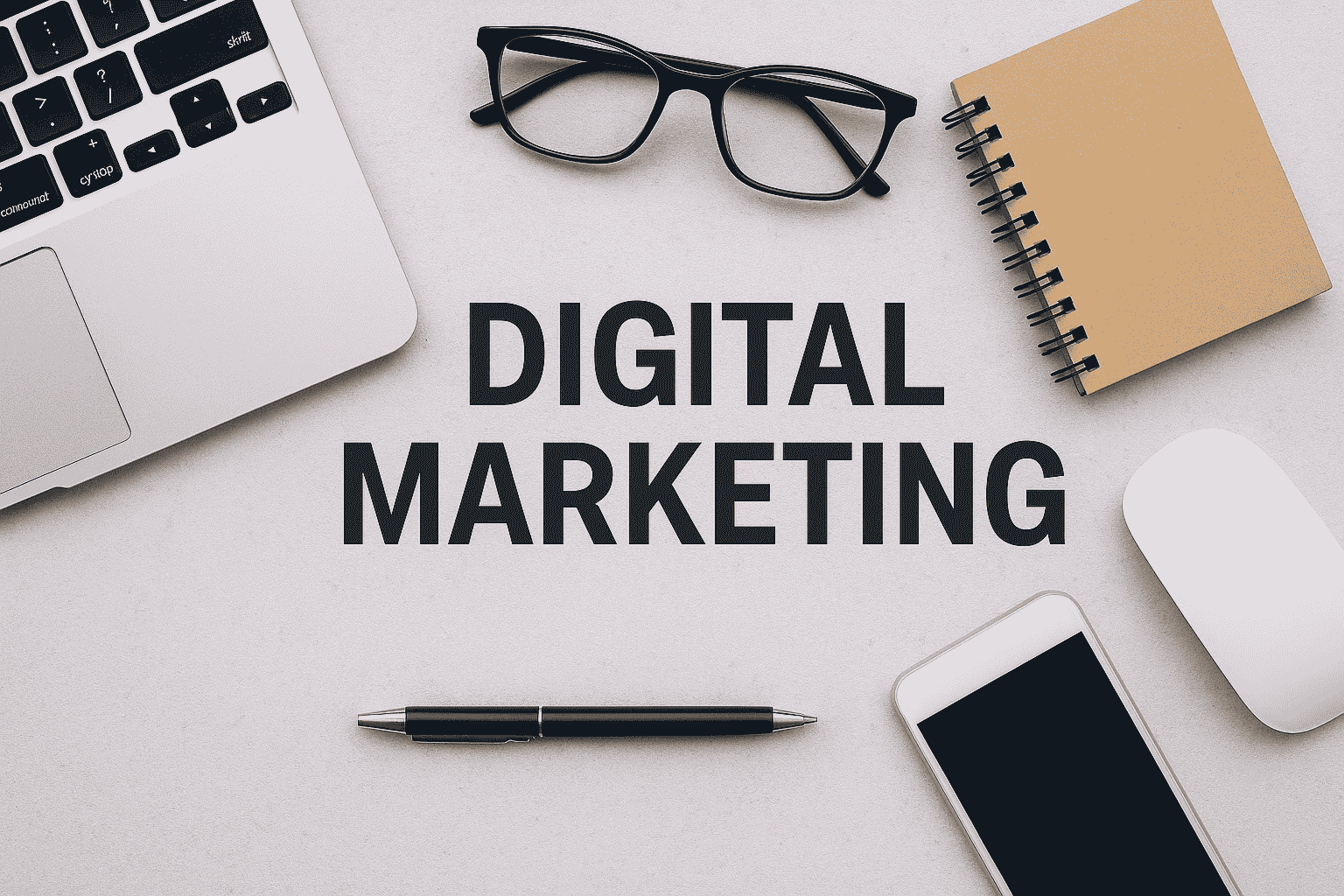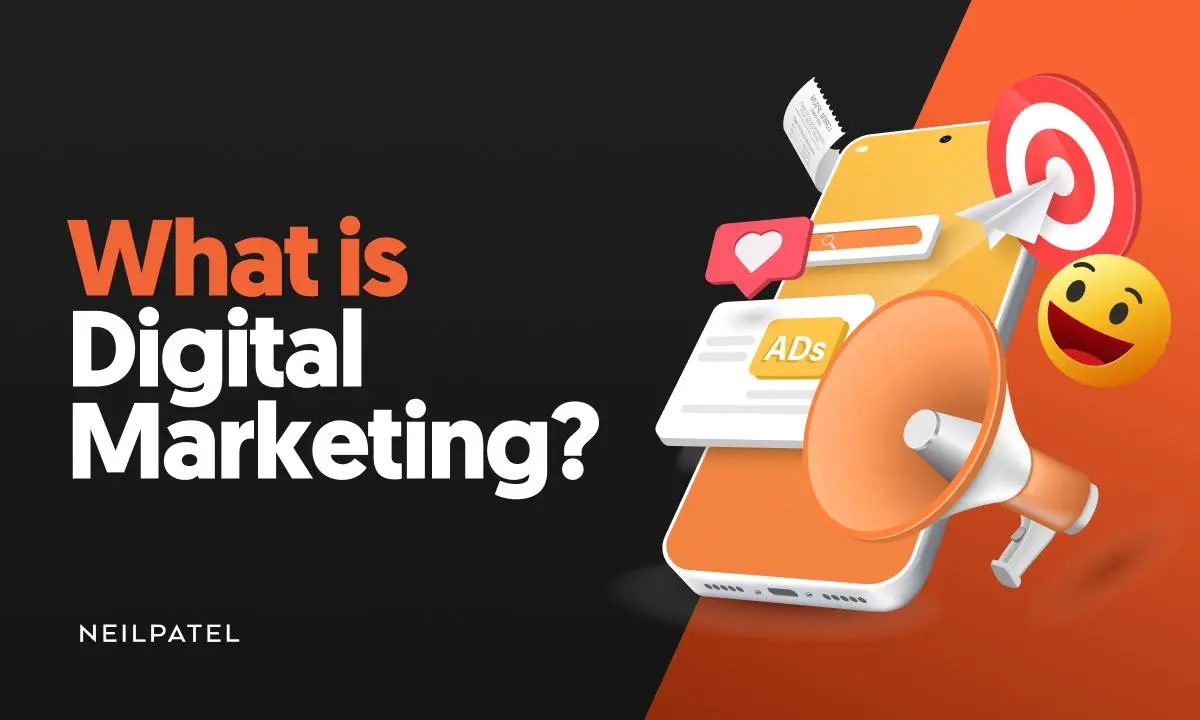What Is Digital Marketing?
Digital marketing is the use of websites, apps, mobile devices, social media, search engines, and other digital means to promote and sell products and services.
In today’s digital-first world, digital marketing is not just an option — it is a necessity for businesses of all sizes. Digital marketing harnesses powerful online platforms such as websites, mobile apps, social media, and search engines to efficiently promote and sell products and services. It supplements traditional marketing methods (like print, TV, and radio) by offering innovative ways for companies to engage with consumers and analyze their behaviors in real-time.
Digital marketing started to become popular with the widespread adoption of the internet in the 1990s. During this period, businesses began experimenting with online ads, email campaigns, and the early stages of search engine marketing. Today, digital marketing has grown into a massive ecosystem where companies integrate both digital and traditional marketing strategies to effectively reach their audiences. However, this growth also introduces unique challenges, including the fast evolution of digital channels, increased competition, and the complex utilization of consumer data.
Key Takeaways
-
Digital marketing involves using websites, mobile devices, social media, and search engines to promote products and services, offering an additional approach compared to traditional marketing methods.
-
Since the 1990s, digital marketing channels have evolved, including key platforms like email, social media, search engine optimization (SEO), content marketing, and pay-per-click advertising. Each requires strategic planning to effectively reach target audiences.
-
Key digital marketing strategies include website marketing, content creation, email campaigns, social media, affiliate marketing, influencer partnerships, and the emerging trend of video and text message marketing.
-
Marketers face challenges such as the rapid proliferation of digital channels, the need for advanced data analysis, personalization demands, and capturing consumer attention amid constant digital distractions.
-
Successful digital marketers need strong communication skills, proficiency in data analytics, and a solid understanding of social media dynamics to effectively craft compelling marketing narratives.

Understanding the Mechanics of Digital Marketing
Marketing includes various techniques and media to promote products and increase market share. To be successful, it requires a combination of advertising creativity, persuasive storytelling, and sales savvy. Professional marketers take on these tasks either internally at individual companies or externally at marketing firms that may serve many different clients.
Companies once focused heavily on marketing through print, television, and radio because those were the dominant consumer channels. Although those options still exist and remain valuable, the internet gave companies another, far more measurable way to reach consumers — giving rise to digital marketing.
As new technologies and online trends developed, companies had to adjust their strategies and budgets accordingly. For instance, email marketing became one of the first widely used digital tools. Later, the focus shifted to search engines like Netscape, Yahoo, and eventually Google, which allowed businesses to tag, keyword, and optimize their content to get noticed.
The explosion of social platforms such as Facebook, Instagram, LinkedIn, and Twitter (now X) made it possible for companies to track user data, segment audiences, and deliver messages to highly targeted groups of people.
With the rise of smartphones and portable devices, digital marketing took an even bigger leap forward, enabling companies to connect with customers anytime, anywhere. A 2022 Pew Research Center study revealed that 76% of American adults had made online purchases using their phones, proving mobile marketing is no longer optional — it’s essential.

Exploring Various Digital Marketing Channels
Digital marketing channels have evolved since the 1990s and continue to do so rapidly. Businesses now have access to a variety of tools to engage their audiences. Below are eight of the most common and effective digital marketing channels in use today.
1. Website Marketing
Companies often use their website as the central hub of all digital marketing activities. A strong website serves as the foundation of a brand’s online presence, representing the products, services, and brand identity in a clear and memorable way.
Modern websites must be fast-loading, mobile-friendly, secure, and easy to navigate. In addition, they should be optimized with SEO best practices so that customers can find them easily through search engines.
2. Pay-Per-Click Advertising (PPC)
Pay-per-click (PPC) advertising enables marketers to reach audiences through paid digital ads that appear on search engines, news sites, and social platforms. Businesses can set up PPC campaigns on Google, Bing, LinkedIn, X (formerly Twitter), Pinterest, and Facebook to display their ads to people searching for terms related to their products or services.
These campaigns can also segment users based on demographics (age, gender, income), interests, or location. The most widely used services are Google Ads and Facebook Ads, which continue to generate billions in revenue due to their effectiveness.
3. Content Marketing
Content marketing aims to reach potential customers by creating valuable, relevant, and engaging content — whether written, visual, or video. Blog posts, articles, infographics, whitepapers, and eBooks are common examples.
This content is typically published on a brand’s website and promoted through social media, email marketing, SEO, or PPC campaigns. Unlike traditional advertising, content marketing takes a more subtle approach by providing information and solutions rather than hard-selling.
4. Email Marketing
Email marketing remains one of the most effective and high-ROI digital channels. While many people associate email with spam, successful campaigns focus on personalization, segmentation, and automation.
Digital marketers often use other channels (like websites, social media, or webinars) to build email lists. Through consistent, value-driven communication, they nurture leads into paying customers.
5. Social Media Marketing
Social media marketing focuses on building brand awareness, engagement, and trust through platforms like Facebook, Instagram, LinkedIn, TikTok, and X.
Companies use organic posts, community building, and paid ads to reach target audiences. Deeper strategies involve influencer marketing, social commerce (selling directly through social platforms), and customer engagement campaigns.
6. Affiliate Marketing
Affiliate marketing is one of the oldest marketing methods, revitalized in the digital age. Here, companies partner with affiliates (bloggers, influencers, or other businesses) who promote their products in exchange for a commission on sales or leads.
For example, Amazon runs one of the most popular affiliate programs globally, paying out millions to affiliates who drive product sales.
7. Video Marketing
Video marketing has become dominant, as platforms like YouTube, TikTok, Facebook Video, and Instagram Reels attract billions of daily viewers.
People watch videos to research products, read reviews, learn new skills, or simply be entertained. Businesses that integrate video content into their broader marketing strategies often see higher engagement, improved SEO performance, and stronger conversions.
8. Text Messaging (SMS & MMS)
Companies use text messages (SMS/MMS) to deliver promotions, product updates, and reminders directly to consumers’ phones. Nonprofits and political candidates also leverage texting to raise awareness and solicit donations.
Today, some marketing campaigns even allow mobile payments or donations via text, making this channel both direct and highly effective.
Key Performance Indicators (KPIs) in Digital Marketing
Digital marketers measure success using key performance indicators (KPIs), just like traditional marketers. These metrics provide insight into how well campaigns are performing compared to competitors.
Some of the most important KPIs include:
- Click-through rate (CTR): Measures the percentage of people who click on an ad after seeing it.
- Conversion rate: Goes beyond clicks to measure how many people take desired actions (purchases, sign-ups, downloads).
- Social media engagement: Tracks likes, follows, shares, comments, and overall community growth.
- Website traffic: Monitors the volume of visitors within a given time frame, helping companies evaluate their digital reach.
Digital Marketing Challenges
While digital marketing offers many opportunities, it also presents unique challenges:
- The rapid proliferation of new digital channels makes it hard to stay updated.
- Analyzing and making sense of big data requires advanced tools and expertise.
- Consumers face ad fatigue, making it harder to grab attention.
- Privacy concerns and regulations (like GDPR) limit how marketers can collect and use data.
To succeed, businesses must stay agile, experiment with different strategies, and always put the customer experience at the center.
What Is a Digital Marketing Agency?
A digital marketing agency is a company that specializes in promoting products and services exclusively through digital channels. Services often include SEO, social media management, PPC campaigns, video production, content creation, and web development.
What Is SEO in Digital Marketing?
Search Engine Optimization (SEO) involves a variety of techniques that improve a website’s visibility in search results. The higher a site appears on Google or Bing, the more traffic it receives.
SEO includes on-page optimization (keywords, content, technical improvements), off-page optimization (backlinks, brand mentions), and local SEO for location-based businesses.
What Is Internet Marketing?
Internet marketing refers specifically to marketing activities conducted solely on the internet. While digital marketing includes additional channels (like mobile apps or text messaging), internet marketing is a subset of the broader strategy.
How Can You Become a Digital Marketer?
Digital marketers need strong writing skills, social media expertise, and data analytics knowledge.
Most entry-level jobs require a bachelor’s degree in marketing or communications. However, many professionals also benefit from digital boot camps, online certifications, and internships. A master’s degree can be useful but is not essential for success.
What Skills Are Needed in Digital Marketing?
- Communication skills for storytelling and brand messaging.
- Analytical skills for interpreting campaign data.
- Social media management to build online communities and brand awareness.
- Creativity and adaptability to stay ahead of industry trends.
What Is Implicit Bias in Digital Marketing?
Implicit bias (or unconscious bias) refers to unintended stereotypes that may appear in marketing campaigns. For example, using stock images that lack diversity in race, body type, or culture may unintentionally exclude audiences.
Even algorithms used in programmatic advertising can reflect human bias if not carefully monitored. Ethical marketers now prioritize inclusive marketing practices to ensure campaigns are representative and respectful.
Conclusion – Why the Liverpool vs Arsenal Timeline Matters for Fans and Digital Engagement
The Liverpool F.C. vs Arsenal F.C. timeline is more than football history – it is evergreen content that attracts searches, sparks debate, and keeps audiences engaged across platforms. For fans, it offers nostalgia, insights, and anticipation for the next big clash. For digital marketers, it represents a powerful opportunity: football rivalries like this consistently trend on search engines, dominate social conversations, and generate massive engagement on matchdays.
By highlighting historic matches, iconic players, and statistical records, brands and publishers can tap into passionate fan bases that are always hungry for authentic football storytelling. Whether through blog posts, social media campaigns, or video content, the Liverpool vs Arsenal rivalry provides endless opportunities for traffic growth and audience interaction.
As the timeline continues with new battles at Anfield and the Emirates, the story will only expand – and so will the digital opportunities. For marketers, this is not just sport; it’s one of the most engaging narratives in English football, capable of driving SEO, social reach, and brand visibility for years to come.





One thought on “What Is Digital Marketing? A Complete Guide to Strategies, Channels, and Success in 2025”